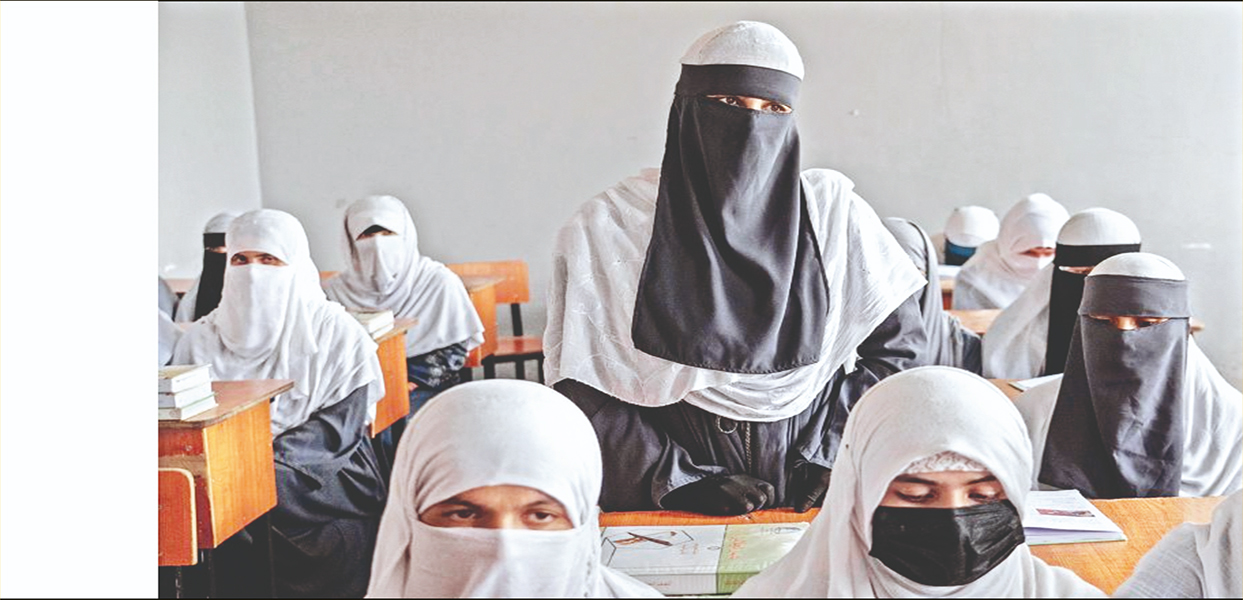
In September 2024, work inauguration for the construction of the Turkmenistan-Afghanistan-Pakistan-India (TAPI) gas pipeline on Afghan territory was formally initiated by the leaders from Afghanistan and Turkmenistan. The program has been regarded as a major source of creating job opportunities for the war-battered Afghanistan, reports Xinhua. In addition to the inauguration of the TAPI projects, the authorities also inaugurated the 500-kilovolt power transmission line from Turkmenistan to Pakistan via Afghanistan, along with fibre optic and railways.
It is expected that implementation of TAPI and supplementary projects such as Fibre optic, railway and transmission of electricity from Turkmenistan to Pakistan via Afghanistan, in addition to creating job opportunities for Afghans, will also have millions of US dollars economic benefit for Afghanistan. TAPI links Central Asia to South Asia and benefits more than 2 billion people. This project is vital for a country like Afghanistan where its entire economic infrastructure has been destroyed during three decades of political unrest.
https://www.millenniumpost.in/sundaypost/in-retrospect/indispensable-alignment-586242?infinitescroll=1




